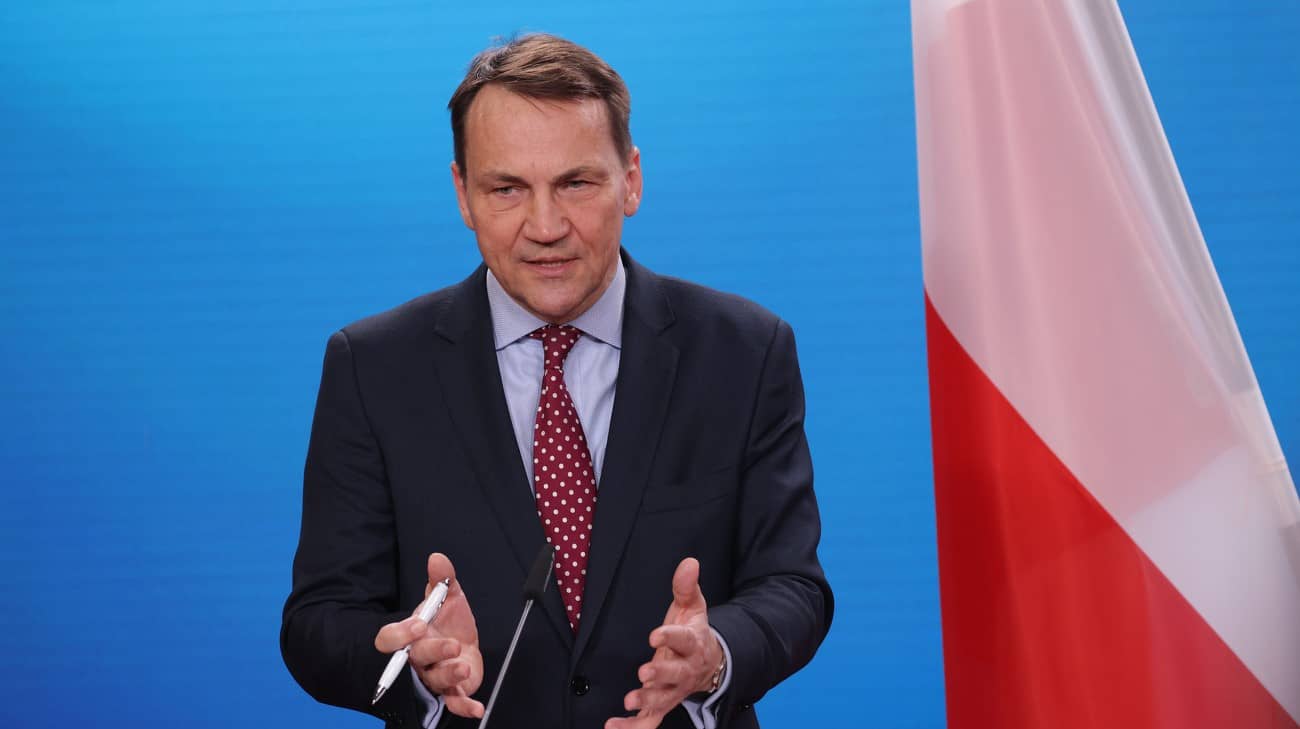Bank of Georgia posts solid earnings amid political turmoil
Eastern Asian lender Bank of Georgia saw its profit, customer numbers and interest income soar in the first quarter of this year, a period in which the bank also completed on its acquisition of the Armenian retail lender, Ameriabank.


Eastern Asian lender Bank of Georgia saw its profit, customer numbers and interest income soar in the first quarter of this year, a period in which the bank also completed on its acquisition of the Armenian retail lender, Ameriabank.
The FTSE 250-listed bank posted a strong rise in net income, up 17.7 per cent year on year to 437.8 Georgian Lari (GEL) £126.5m), with net interest margin at 6.4 per cent.
Profit adjusted for one-off items was also up 22.5 per cent, from 301m GEL (£87m) to 369m GEL (£106m).
The bank’s book value per share increased 38 per cent year on year to GEL 135.96 (£39), which was also a rise of 18.6 per cent quarter on quarter.
The bank’s CEO, Archil Gachechiladze, said: “We started this year on a strong footing, with favourable macro conditions and continued growth momentum in Georgia and with the acquisition of Ameriabank, which completed successfully at the end of March 2024. You are now seeing the Group’s balance sheet in its new shape, with assets close to US$ 16 billion at the end of March, comprising two leading, top-of-mind universal banks in Georgia and Armenia.”
The lender’s acquisition of Ameriabank for 685.9m (£198m) completed on 24 March, with the balance sheet consolidated on 31 of that month, meaning its financials were not reflected in the statement.
The performance will be welcomed by the bank’s executives, who have struggled to allay fears around the political upheaval currently ongoing in the transcontinental country.
Mass protests have broken out on the streets of Tbilisi over a controversial “foreign agent” bill, which pro-democracy campaigners believe will be used to suppress and detain political opponents.
The Bank of Georgia acknowledged the “turmoil” in its accompanying statement to markets, saying that “the majority of the Georgian population aspires to EU membership”. It maintained that “the Georgian economy has shown resilience during prior periods of political uncertainty”.



